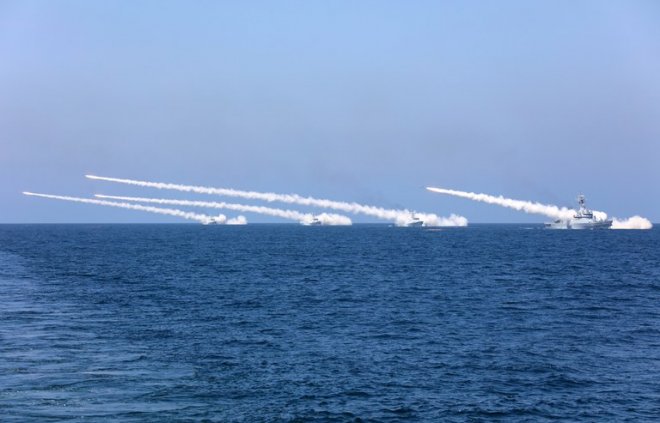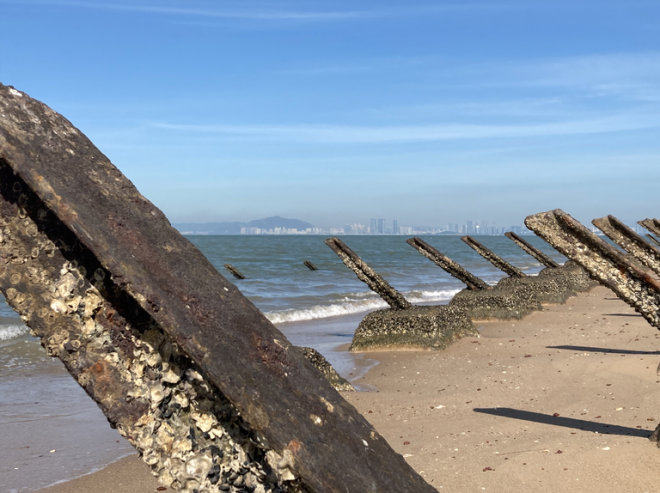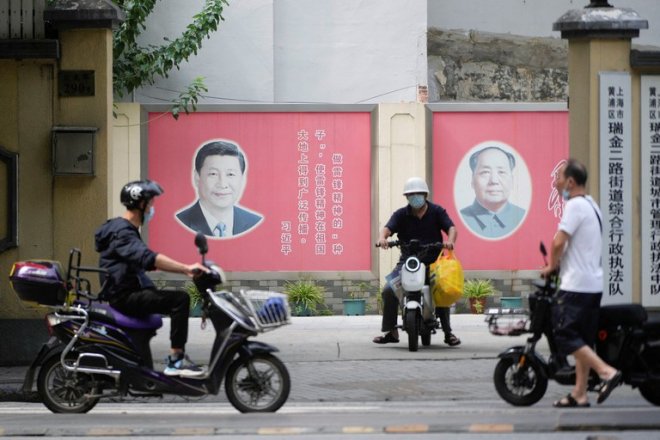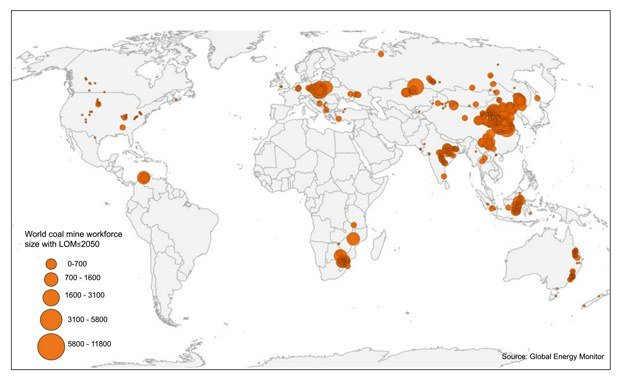Chinese invasion of Taiwan would fail, but at a high cost for all, CSIS says
A Chinese invasion of Taiwan would not succeed should the U.S. and Japan back Taipei but it would come at a high cost for all parties involved, the influential Center for Strategic and International Studies (CSIS) said.In the report ‘The First Battle of the Next War: Wargaming a Chinese Invasion of Taiwan’ launched on Monday, CSIS experts warned that the Taiwan-U.S.-Japan alliance could defeat a “conventional amphibious invasion by China” and maintain an autonomous Taiwan but they would lose “dozens of ships, hundreds of aircraft, and tens of thousands of servicemembers.”
Taiwan’s economy would be left shattered and the U.S. global position would also be damaged for many years, the report warned.
However, China would also suffer “high losses” that might destabilize Chinese Communist Party rule.
 Chinese naval warships fire missiles during a live-fire military drill in the waters of the Bohai Sea and Yellow Sea, off China"s east coast, Aug. 7, 2017. Credit: Reuters/Stringer
Chinese naval warships fire missiles during a live-fire military drill in the waters of the Bohai Sea and Yellow Sea, off China"s east coast, Aug. 7, 2017. Credit: Reuters/StringerWar game simulation
Beijing considers Taiwan a Chinese province and “China’s leaders have become increasingly strident” about unifying the island with the mainland, therefore a military invasion is “not out of the question,” the report said.
Some military leaders, such as U.S. Asia-Pacific commander Adm. Philip Davidson, forewarned that a Taiwan invasion would take place by 2027, the year the Chinese People’s Liberation Army celebrates its centenary and China’s paramount leader Xi Jinping comes to the end of his third term.
The CSIS project team developed a wargame for a Chinese amphibious invasion of Taiwan in 2026, using historical data and operational research, as well as analogies with past military operations such as the battles of Normandy, Okinawa, and the Falklands.
They ran 24 scenarios before coming up with the most likely one, a “base scenario.”
In it, Chinese forces would assault Taiwan from the air, then cross the Taiwan Strait for a landing invasion. That is when the U.S. and Japan could get involved to deter the Chinese amphibious fleet.
Eric Heginbotham, principal research scientist at the Massachusetts Institute of Technology (MIT) and one of the authors of the report, said the team had reached two conclusions:
“First, under most circumstances, China is unlikely to succeed in its operational objectives, or to occupy Taipei. Second, the cost of war would be high for all involved, certainly to include the United States.”
In most scenarios run by the CSIS project team, the U.S. Navy lost two aircraft carriers and 10 to 20 large surface combatants, together with approximately 3,200 troops. That’s about half the combined death toll from the Iraq and Afghanistan conflicts.
China however would also suffer heavy losses, with some 10,000 troops killed, and 155 combat aircraft and 138 major ships destroyed.
“Its navy is in shambles, the core of its amphibious forces is broken, and tens of thousands of soldiers are prisoners of war,” the report said.
Japan, too, is likely to lose a hundred of aircraft and dozens of ships.
 Anti-landing spikes in Kinmen County, Taiwan. Credit: RFA
Anti-landing spikes in Kinmen County, Taiwan. Credit: RFATo defeat a Chinese invasion
The report suggested four conditions that need to be met to defeat a Chinese invasion, the first of which was that “Taiwanese forces must hold the line.”
“Taiwan must resist and not capitulate. If Taiwan surrenders before U.S. forces can be brought to bear, the rest is futile.”
The report noted that ground forces must become the center of Taiwan’s defense effort and recommended strengthening them.
The authors also argued that there’s no “Ukraine model” for Taiwan and the island “must start the war with everything it needs” as the second condition because China can blockade and isolate the island to prevent timely involvement from the U.S. and its allies.
“What’s happening in Ukraine should be an absolute wake up call for Taiwan,” said Heginbotham from MIT.
“The Taiwanese army is not the Ukrainian army, it is nowhere near well-prepared,” he added.
The report recommended that the U.S. must provide Taiwan with the weapons it needed and in wartime, “if the United States decides to defend Taiwan, U.S. forces must quickly engage in direct combat.”
The two other conditions needed for a successful defense of Taiwan are: The United States must be able to use its bases in Japan for combat operations, and U.S. forces must be able to strike the Chinese fleet rapidly and en masse from outside the Chinese defensive zone.
However, the report’s authors said that modeling an invasion “does not imply that it is inevitable or even probable.”
“The Chinese leadership might adopt a strategy of diplomatic isolation, gray zone pressure, or economic coercion against Taiwan; even if China opts for military force, this might take the form of a blockade rather than an outright invasion,” they said.
There was no immediate reaction to the report from either Taipei or Beijing, which in recent days has ramped up pressure on Taiwan with regular air incursions and military exercises around the island.
Back in October, Taiwanese defense minister Chiu Kuo-cheng said Taiwan is already preparing for a Chinese invasion.
“We are building up our arsenal and preparing for war according to our own plan," Chiu told a legislative session.
An opinion poll run by the Taiwanese Public Opinion Foundation (TPOF) in September found that 51.2% of Taiwanese respondents think China would win the war if Beijing decided to invade Taiwan tomorrow and only 29.6% see Taiwan coming out victorious.
[圖擷取自網路,如有疑問請私訊]
|
本篇 |
不想錯過? 請追蹤FB專頁! |
| 喜歡這篇嗎?快分享吧! |
相關文章
AsianNewsCast























